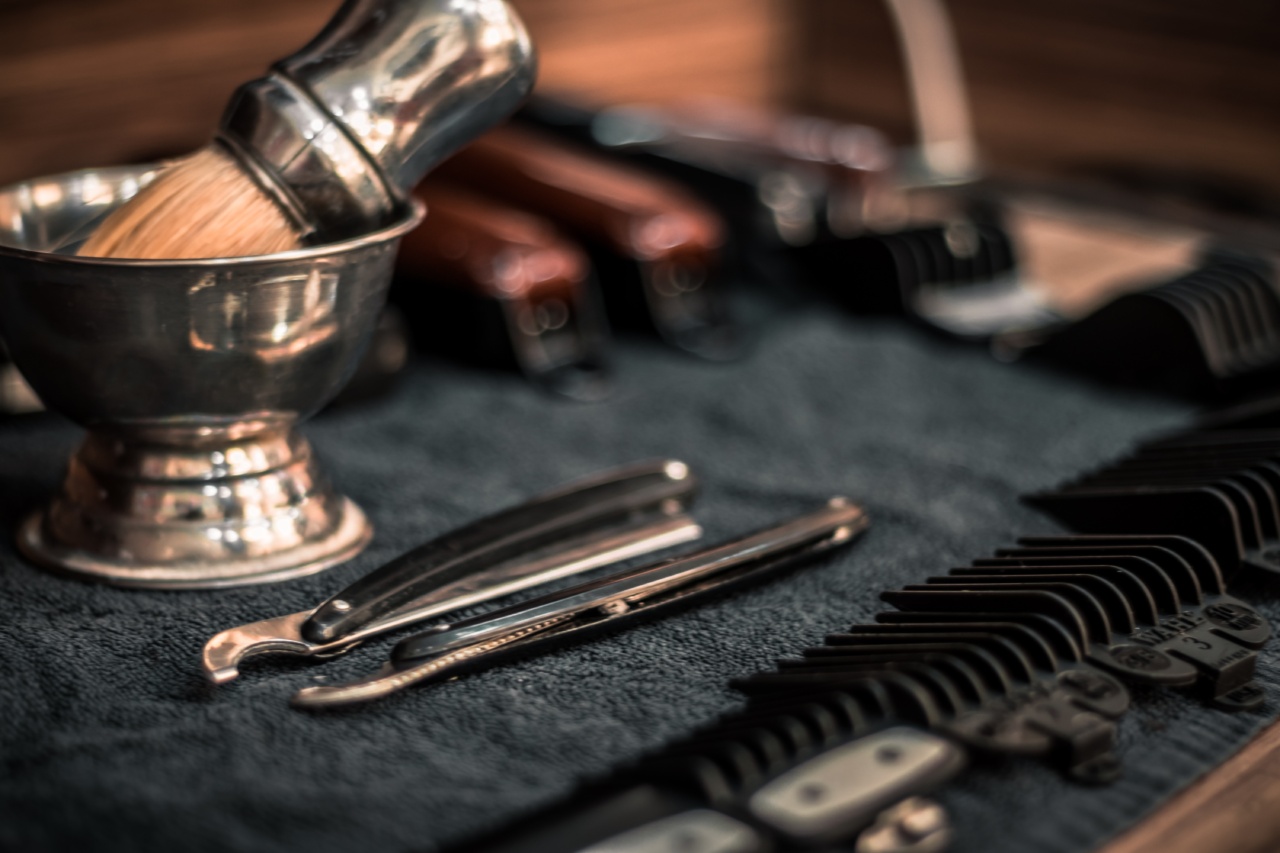Brushing your hair is an essential part of your daily grooming routine. It helps to detangle your hair, remove dirt and debris, and distribute natural oils throughout your strands.
However, many people overlook the importance of cleaning their hair brush regularly. If you don’t clean your hair brush, it can lead to a variety of unpleasant consequences for your hair and scalp.
In this article, we will explore what happens when you neglect to clean your hair brush and why it is crucial to maintain its cleanliness.
1. Accumulation of Hair and Product Residue
Over time, your hair brush collects strands of hair that get caught in its bristles. If you fail to remove the accumulated hair, it can create a breeding ground for various bacteria, fungus, and other microorganisms.
Additionally, hair products such as hairspray, gel, and oils can build up on the brush, which can lead to a sticky and unhygienic surface.
2. Increased Risk of Dandruff
When you don’t clean your hair brush, the accumulated hair and product residue can transfer to your scalp, leading to an increased risk of dandruff. Dandruff is a common scalp condition characterized by itchy, flaky skin.
The presence of bacteria and fungi on your hair brush can exacerbate dandruff symptoms and make it difficult to control the condition.
3. Weakened Hair Strands
The accumulation of dirt, oil, and product residue on your hair brush can weigh down your hair strands. This added weight can put stress on your hair follicles, making them weaker and more prone to breakage.
Brushing your hair with a dirty brush also pulls on tangles and knots more forcefully, which can lead to hair breakage and damage.
4. Increased Greasiness
When you don’t clean your hair brush, the oil and product buildup on its bristles can transfer back onto your hair. This can cause your hair to appear greasy and limp, even if you have recently washed it.
The excessive greasiness can make styling your hair difficult and also contribute to clogged pores on your scalp.
5. Intensifies Scalp Issues
If you already suffer from scalp issues like scalp acne, psoriasis, or seborrheic dermatitis, a dirty hair brush can make them worse. Bacteria and fungus thrive in unclean conditions, which can increase irritation and inflammation on your scalp.
It is important to keep your hair brush clean to prevent the exacerbation of existing scalp conditions.
6. Unpleasant Odor
As hair collects on your brush, it begins to decompose and can emit an unpleasant odor. This odor can cling to your hair, making it smell unpleasant even after washing.
Nobody wants their hair to smell, so regular cleaning of your hair brush is essential to maintain fresh-smelling locks.
7. Hair Loss
When you brush your hair with a dirty brush, the accumulated debris and product residue can entangle your hair strands, leading to increased hair loss.
The tugging and pulling motion required to brush through tangled hair can cause breakage and hair fall. To minimize hair loss, it is vital to clean your hair brush and ensure it is free from buildup.
8. Reduced Styling Effectiveness
A dirty hair brush with clogged bristles is less effective in styling your hair. Instead of helping to smooth and shape your strands, a dirty brush can leave your hair looking frizzy, tangled, and unkempt.
Cleaning your hair brush regularly will ensure its optimal performance in achieving desired hairstyling results.
9. Poor Hair Health
When you neglect to clean your hair brush, all the accumulated hair, dirt, oils, and debris get transferred back onto your hair every time you brush.
This constant exposure to unclean conditions can negatively impact your hair health, leading to dull, lifeless, and damaged locks. Keeping your hair brush clean is essential for maintaining overall hair health.
10. Spread of Infections
If you have any scalp infections or conditions like lice, not cleaning your hair brush can contribute to the spread of these infections.
Microorganisms and parasites can thrive on the bristles and attach themselves to your hair strands when brushed, allowing them to move from one person to another. Proper hygiene practices, including regular cleaning of your hair brush, can prevent the spread of infections.
In conclusion
Cleaning your hair brush may seem like a trivial task, but it plays a significant role in maintaining hair and scalp health.
Neglecting to clean your hair brush can lead to a variety of unpleasant consequences, including the accumulation of hair and product residue, increased risk of dandruff, weakened hair strands, increased greasiness, intensified scalp issues, an unpleasant odor, hair loss, reduced styling effectiveness, poor hair health, and the spread of infections. By incorporating regular hair brush cleaning into your grooming routine, you can ensure healthier, shinier, and more manageable hair.






























